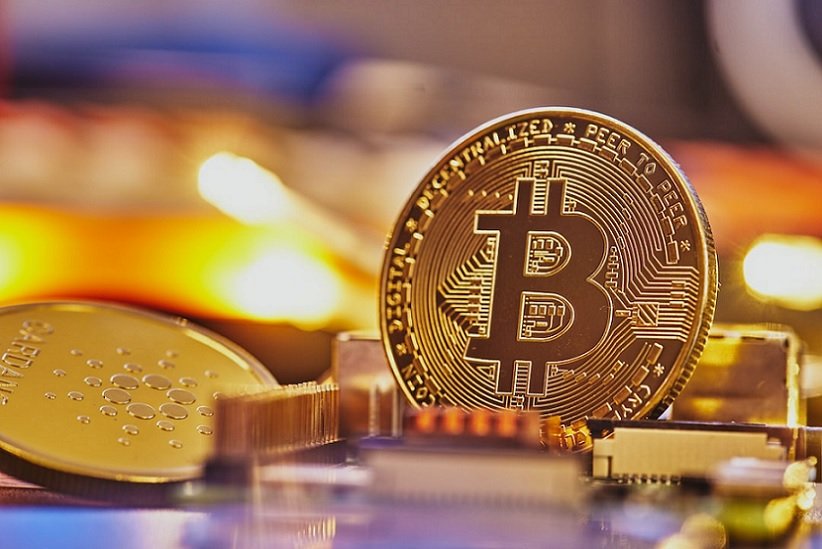Exchange rates are a crucial aspect of the global economy, influencing everything from international trade to travel expenses. Whether you’re a business owner dealing with international transactions or a traveler planning your next adventure, understanding how exchange rates work can help you make informed financial decisions. In this comprehensive guide, we will explore the concept of exchange rates, the factors that influence them, and their impact on various aspects of the economy.
What Are Exchange Rates?
Table of Contents
At its core, an exchange rate is the price at which one currency can be exchanged for another. For instance, if you were traveling from the United States to Europe, you would need to exchange U.S. Dollars (USD) for euros (EUR). The rate at which this exchange occurs is known as the exchange rate.
Exchange rates are determined by a variety of factors and can fluctuate daily. They can be categorized into several types based on how they are set:
- Floating Exchange Rates: These rates are determined by the market forces of supply and demand. Major currencies like the USD, EUR, and JPY often follow floating exchange rates.
- Fixed Exchange Rates: These rates are pegged to another major currency or a basket of currencies. Countries with fixed exchange rates adjust their monetary policies to maintain their currency’s value relative to the peg.
- Managed Floating Rates: Also known as “dirty float,” this system allows for market fluctuations but with occasional government intervention to stabilize the currency.
Factors Impacting Exchange Rates
Several elements can impact alternate rates, including:
- Interest Rates: Higher hobby fees provide creditors in an financial system a better go back relative to different countries. This attracts foreign capital and increases demand for the domestic currency, thus raising its value.
- Inflation Rates: Generally, countries with lower inflation rates see an appreciation in their currency value. Lower inflation maintains the purchasing power of a currency, attracting foreign investors.
- Economic Indicators: Indicators such as GDP growth, unemployment rates, and industrial production can affect investor confidence and influence currency values.
- Political Stability: Countries with stable governments and low risk of political upheaval are more attractive to investors. Political instability can cause foreign money depreciation.
- Trade Balances: A country with a trade surplus (exports exceeding imports) will typically see its currency appreciate as foreign buyers convert their currencies to purchase domestic goods.
- Speculation: Traders in the forex market often speculate on currency movements based on expected future changes. Their buying and selling activities can impact exchange rates.
Exchange Rates and International Trade
Exchange costs play a enormous position in worldwide trade. When a country’s currency is strong, its goods and services become more expensive for foreign buyers, potentially leading to a decrease in exports. Conversely, a weaker currency makes a country’s exports cheaper and more competitive abroad, which can boost export volumes.
For businesses engaged in international trade, fluctuations in exchange rates can affect profitability. Companies may use various financial instruments like forward contracts, options, and swaps to hedge against adverse currency movements.
The Impact on Travel and Tourism

For travelers, exchange rates can significantly impact the cost of a trip. A strong home currency means travelers can get more foreign currency for their money, reducing travel expenses. On the other hand, a weak home currency can make international travel more expensive.
Travelers should monitor exchange rates before making travel arrangements and consider using currency exchange services or travel cards that offer competitive rates. Additionally, it’s wise to be aware of any fees associated with currency conversion to avoid unexpected costs.
Currency Exchange Markets
The overseas exchange (forex) marketplace is the most important and maximum liquid monetary marketplace withinside the world. It operates 24 hours a day, five days a week, allowing for continuous trading of currencies. Major currency pairs traded in the forex market include USD/EUR, USD/JPY, and GBP/USD.
Forex trading can be speculative, but it also plays a crucial role in facilitating international business and investment. Businesses and financial institutions use the forex market to manage currency risk and execute transactions in foreign currencies.
Exchange Rate Regimes
Countries adopt different exchange rate regimes based on their economic goals and conditions. Some common regimes include:
- Floating Regime: The currency value is determined by market forces without direct government intervention. Most major currencies, such as the USD, EUR, and JPY, follow this regime.
- Fixed Regime: The currency is pegged to another currency or a basket of currencies. Countries with this regime often use their foreign exchange reserves to maintain the currency peg.
- Managed Float: The currency value is influenced by market forces but with occasional government intervention to stabilize fluctuations.
The Functions of Central Banks
Central banks play a critical role in managing a country’s currency value. They can influence exchange rates through monetary policy, such as adjusting interest rates and conducting open market operations. In a fixed exchange rate system, central banks actively buy or sell currencies to maintain the fixed rate.
During times of economic uncertainty, central banks may also intervene in the forex market to stabilize their currency. This intervention can help manage inflation, control currency volatility, and support economic growth.
Conclusion
Exchange rates are a fundamental component of the global financial system, affecting everything from international trade to individual travel budgets. Understanding how they work and the factors that influence their fluctuations can provide valuable insights for businesses, investors, and travelers alike. By keeping abreast of economic indicators, political developments, and market trends, you can make more informed decisions and navigate the complexities of the global economy with greater confidence.
